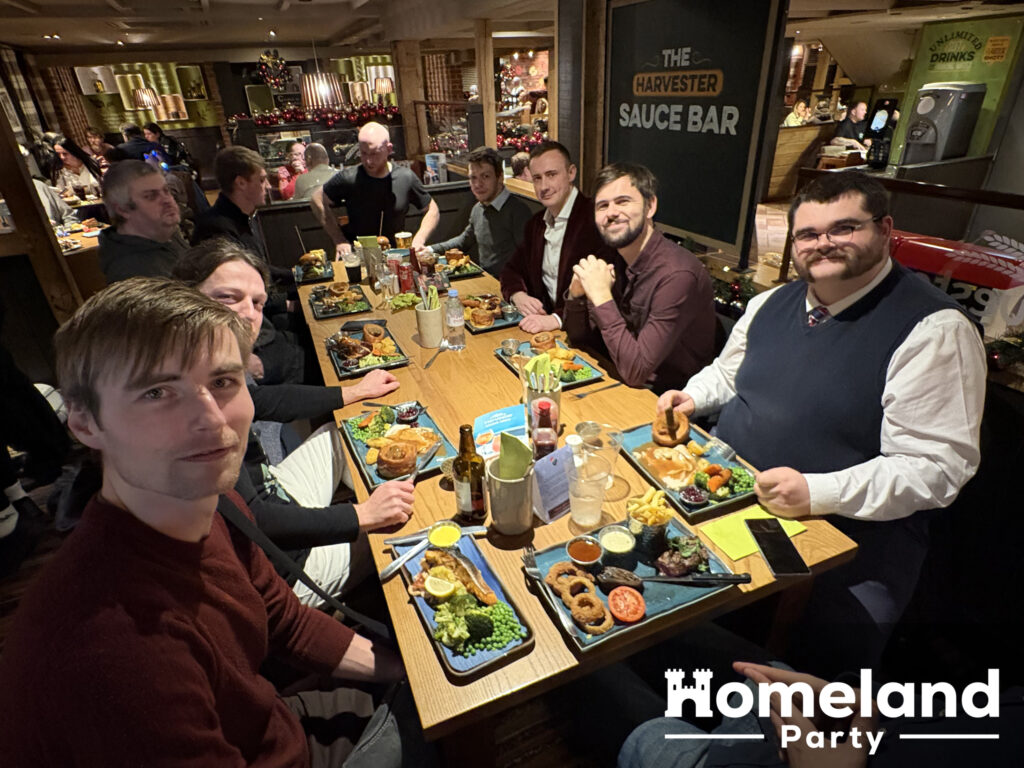For years now, there have been calls from many, especially among concerned parents whose children spend hours every day glued to the screens of their phones or other devices, for stricter controls on children’s access to social media and the internet.
The debate in the UK has gained impetus in recent days after Esther Ghey, the mother of the murdered teenager Brianna Ghey, added her voice to those highlighting the dangers of smartphones.
“We’d like a law introduced so that there are mobile phones suitable for under-16s,” she told the BBC’s Laura Kuenssberg last Sunday. “So if you’re over 16, you can have an adult phone, but then under the age of 16, you can have a children’s phone, which will not have all of the social media apps that are out there now.”
In demanding tougher curbs on big tech, she echoed other bereaved parents who believe social media played some role in the loss of their children – including Ian Russell, whose daughter Molly took her own life after viewing harmful content online.
Ghey’s intervention came days after social media bosses, including the Meta founder Mark Zuckerberg, faced a ferocious grilling in the US Senate over Social media’s role in facilitating child sexual exploitation and drug use. He told them: “I’m sorry for everything you’ve been through.”
Some US lawmakers are already going further than castigating the titans of big tech: the conservative state of Florida is debating legislation aimed at banning under-16s from using social media.
In the UK, reports before Christmas suggested Rishi Sunak was considering tougher curbs on social media use by children – though the new Online Safety Act, years in the making and meant to protect children online, is still being implemented. A government spokesperson said ministers were focused on the act but added: “We will always look at ways that children and other internet users can be kept safe online.”
Recently, the US surgeon general, Vivek Murthy, issued an advisory statement last year, warning of “growing evidence that social media use is associated with harm to young people’s mental health”.
He cited a study that showed adolescents who spent more than three hours a day on social media “face double the risk of experiencing poor mental health outcomes, such as symptoms of depression and anxiety”.
Another US academic paper, which mapped the staggered rollout of Facebook across college campuses against data on students’ health, showed that the arrival of the social network coincided with “increased symptoms of poor mental health, especially depression”.
Other recent academic research has suggested that the video-sharing app TikTok serves up increasingly misogynistic content to boys who seek content about loneliness or ask questions about masculinity.
“Algorithmic processes on TikTok and other social media sites target people’s vulnerabilities – such as loneliness or feelings of loss of control – and gamify harmful content,” warned the lead author, Dr Kaitlyn Regehr, who carried out the study in partnership with colleagues at the University of Kent.
While there can be good that comes from social media and the internet in general, there is mounting evidence that this is far outweighed by the detrimental effect it is having not just on children but on some adults as well. Sadly, now that the genie is out of the lamp, there is no way to put it back, especially given the power that the Tech companies wield and the massive profits that they make, a proportion of which goes to lobbying politicians to protect their interests.
Big Tech needs to be forced to police the internet and social media better. They claim they already do. But anyone having a quick scan through social media can quickly see that this idea is risible. Bringing in not just financial but also criminal penalties, resulting in jail time, for the owners and managers of these tech companies is surely a way to motivate them to try harder. We see constant innovation in the tech sphere, especially in the fast-evolving area of artificial intelligence. That innovation needs to be directed to better securing and policing the internet rather than making ever bigger profits.
Families themselves need to take a bigger part in the fight. Restricting and monitoring their children’s access to social media and the internet is a must. It is very telling that many of the tech titans and the senior workers within the tech companies do not allow their children free access to the internet. Many families crumble under incessant badgering from their children to buy them devices or allow almost unlimited screen time that is, on the whole, not monitored. That needs to change. As does the sight we see so often these days of children still in prams handed digital devices by parents or whole families sitting and staring at screens instead of engaging with each other.
Schools also need to play their part, banning phones in the classroom and educating pupils more on the proper use and dangers of social media and the internet. Sadly, these days, with the internet becoming an ever bigger part of work and general life, we cannot ban access completely. Though how nice would it be to return to a world that existed before we all became digitally connected and entranced by a small screen on our phones? I am sure there are many who wish we could put that genie back in the bottle.


